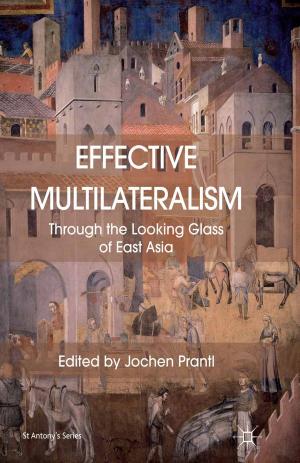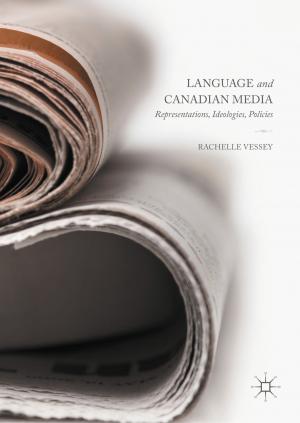Least Developed Countries and the WTO
Special Treatment in Trade
Nonfiction, Social & Cultural Studies, Political Science, Politics, Economic Conditions, International, International Relations, Business & Finance| Author: | H. Hawthorne | ISBN: | 9781137269775 |
| Publisher: | Palgrave Macmillan UK | Publication: | May 7, 2013 |
| Imprint: | Palgrave Macmillan | Language: | English |
| Author: | H. Hawthorne |
| ISBN: | 9781137269775 |
| Publisher: | Palgrave Macmillan UK |
| Publication: | May 7, 2013 |
| Imprint: | Palgrave Macmillan |
| Language: | English |
A norm of special treatment for LDCs, created by the UN, has spread to various international organisations including the WTO. Within the WTO evidence of the institutionalization of the norm can be found both in the agreements and legal documents and the way in which the LDCs have been treated by other states. Helen Hawthorne investigates how norms impact on negotiations in international organisations. She shows that few studies of international organisations focus on the role of the weaker states in the organization, the majority focus either on the major states or the emerging economies. By ignoring the role of the poorer, weaker states in the GATT/WTO we are ignoring the history of these states in the organisation and do not get a true picture of the organization, how it operates in relation to them and their impact on the organisation.
A norm of special treatment for LDCs, created by the UN, has spread to various international organisations including the WTO. Within the WTO evidence of the institutionalization of the norm can be found both in the agreements and legal documents and the way in which the LDCs have been treated by other states. Helen Hawthorne investigates how norms impact on negotiations in international organisations. She shows that few studies of international organisations focus on the role of the weaker states in the organization, the majority focus either on the major states or the emerging economies. By ignoring the role of the poorer, weaker states in the GATT/WTO we are ignoring the history of these states in the organisation and do not get a true picture of the organization, how it operates in relation to them and their impact on the organisation.















